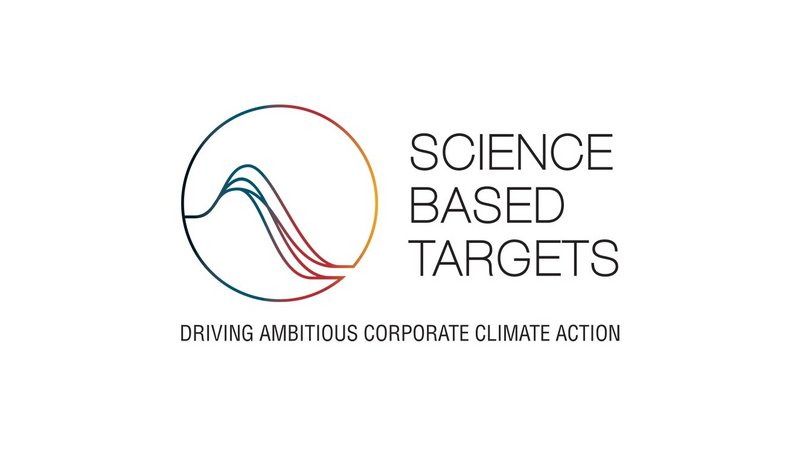Climate Protection Targets From Continental Contribute to Paris Climate Change Agreement
The independent Science Based Targets initiative (SBTi) has scientifically tested Continental’s climate protection targets and confirmed that Continental is demonstrably helping to achieve the goals of the Paris climate change agreement.
Continental undertakes to:
- use electricity from renewable sources at all production locations by the end of 2020
- CO2-neutrality in production processes by the end of 2040
- CO2-neutrality in the value chain latest by the end of 2050
Broken down for the year 2030, which is relevant for the validation process, these targets imply:
- a reduction in CO2 emissions (Scope 1 and 2) caused by incineration in our own plants and by purchased energy by 75% by 2030 (reference 2019)
- a reduction in CO2 emissions (Scope 3) generated by business activities along the value chain by 30% by 2030 (reference year 2019)
The SBTi was founded in 2015 by the CDP (formerly Carbon Disclosure Project), the United Nations Global Compact (UNGC), the World Resources Institute (WRI) and the World Wide Fund for Nature (WWF). The independent initiative examines the climate protection targets of companies for their impact or whether they contribute to the achievement of the objectives of the Paris climate agreement – to limit global warming to below 2°C. At present, around 1,050 companies around the world have joined the initiative. Of these, more than 500 companies have scientifically tested their climate protection targets. The scientific calculation of Continental’s climate protection targets has shown that the targets for Scope 1 and 2 emissions contribute to the limitation of global warming to 1.5°C. Targets for Scope 3 are not officially classified by SBTi, but they meet the criteria for ambitious value chain goals and are in line with current best practice.
In 2020, Continental was once again recognized for the strategies and measures to reduce CO2 emissions throughout the supply chain as a “CDP Supplier Engagement leader” (Level A).
Continental has set ambitious targets on sustainability. Four focus areas are at the heart of the action: Firstly, 100% carbon neutrality along the entire value chain. Secondly, 100% emission-free mobility and industry. Thirdly, 100% closed resource and product cycles driven by circular economy. Fourthly, 100% responsible sourcing and business partnerships. By 2050 at the latest, these four objectives are to be achieved together with all partners along the value chain.
